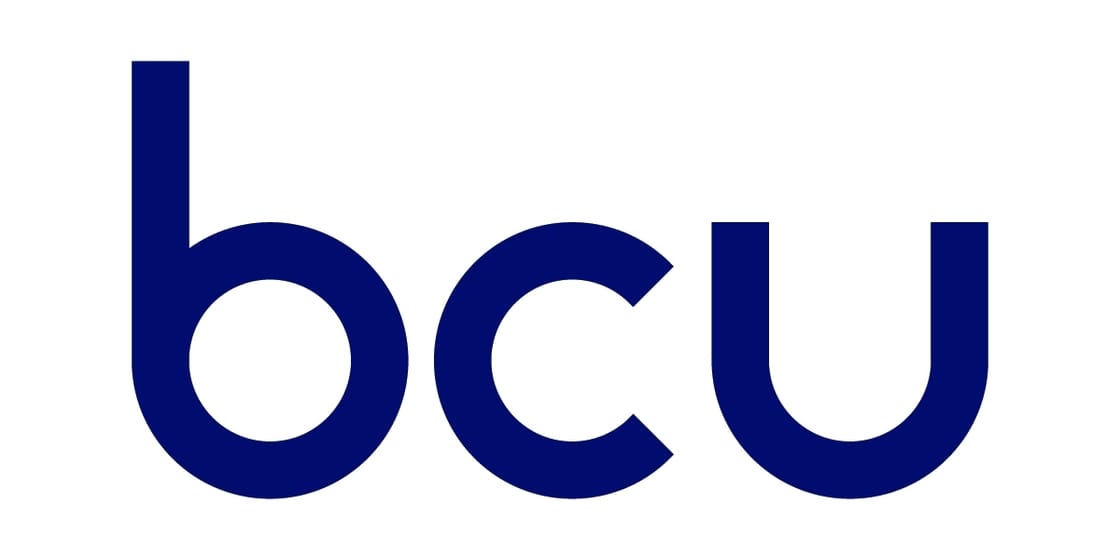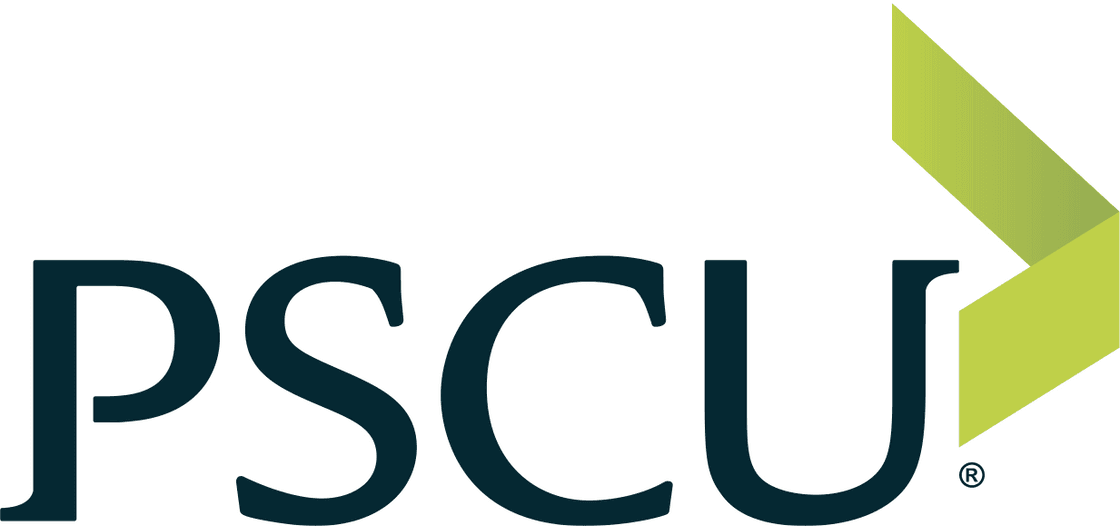Executive Summary
The following research and recommendations serve to assist credit unions in the development of products and services to support members through life transitions of cognitive decline, mental health issues, and life pre-/ post-incarceration, which may jeopardize their financial stability. Credit unions can create flexibility for those facing these changes through providing financial products and services that both center member autonomy and lessen financial risk.
Credit Union Implications
Credit unions can assist these vulnerable members by:
- Providing customizable features that aid supported decision-making (SDM), such as transaction limits and holds, and trusted contact verification, to limit the possibility of a person incurring a large financial loss through poor decisions or exploitation.
- Focusing on creating more accessible resources and environments through staff training, simplified language, and written content alternatives.
- Maximizing ability to prevent, detect, and respond to financial exploitation by reviewing policies to ensure documentation and action regarding suspected exploitation and offering accounts that allow for additional trusted oversight.
Today’s financial landscape continues to change and drive an increase in digital banking. While this increases convenience for consumers it also increases the ability for others to take advantage of those members most at risk for financial exploitation and fraud. Download the full report and accompanying summary slides to find recommendations and examples for credit unions to implement financial SDM to protect those who need it most.
Filene’s Center for Consumer Financial Lives in Transition is generously funded by:













